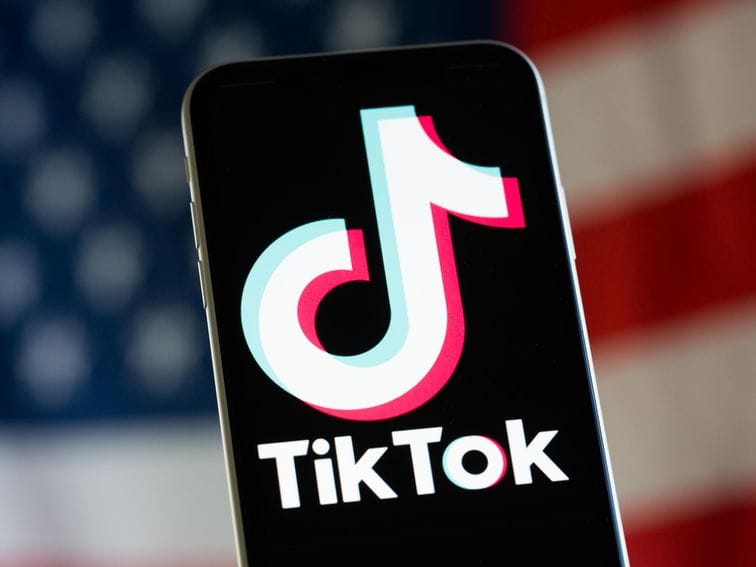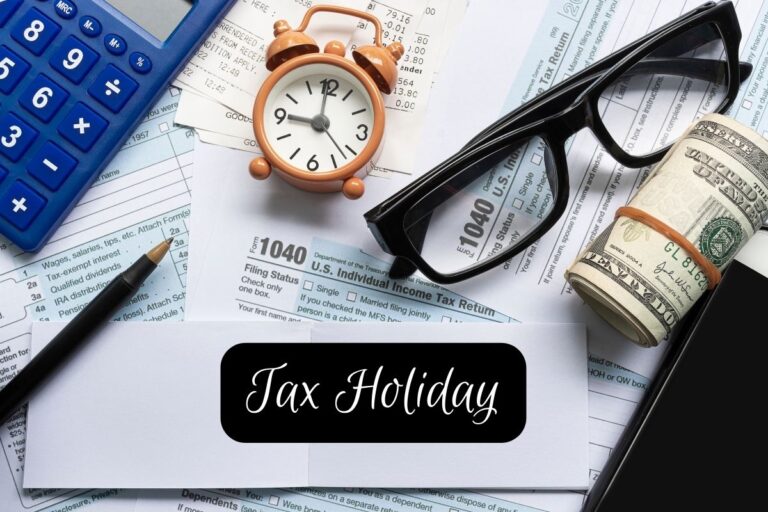[responsivevoice_button rate=”1″ pitch=”1.2″ volume=”0.8″ voice=”US English Female” buttontext=”Story in Audio”]
How a TikTok ban would affect the influencer economy
Final week, the Trump administration started to challenge govt orders sanctioning Chinese language apps TikTok and WeChat, particularly banning “transactions” between US entities and the apps’ guardian firms, ByteDance and Tencent.
Although there are lots of questions on how this ban might really work, the ramifications of forbidding Individuals to make use of a smartphone app units a precedent for the way forward for the open and inventive web. Maybe there may be not sufficient dialogue about how a ban on the “coolest” app within the US would have an effect on the individuals who made it cool — the creators.
This week on our Vergecast interview sequence, Verge editor-in-chief Nilay Patel talks with Taylor Lorenz, web tradition reporter for The New York Instances about what may really occur to TikTok customers, creators, and the influencer financial system if a ban on the app is carried out in the US.
Nilay Patel: What has been the response from the influencer community to the ban?
Taylor Lorenz: Well, it’s been a roller coaster for them — I reached out to a bunch of people last night — because earlier this week, it seemed like everything was going to be fine. A lot of them were told, I think Trump said even last week, that the ban could come as soon as last Saturday. And when that didn’t happen, they kind of thought they were all good again. And now they’re scrambling. It’s literally thrown huge swaths of the entertainment industry into arrears. I mean, we saw Forbes released their list of top-earning TikTokers yesterday, including people like Charli D’Amelio, Addison Rae, all of these kind of young internet stars, and they’re making millions.
And so all of that money that they’re making is in jeopardy. All of these big brand campaigns that American Eagle, Chipotle, and other brands are doing is in jeopardy. The music industry is obviously scrambling. So it’s a mess.
So you mentioned Charli D’Amelio making millions of dollars. TikTok doesn’t pay her, right? I mean, we know that Instagram and Facebook will just pay people to be on Instagram and Facebook. YouTube, in various ways, will pay YouTubers to be on YouTube. TikTok doesn’t have that yet, right? How do you make money as a TikToker?
Well, TikTok did just launch a creative fund so they are going to be giving grants to certain popular creators in terms of paying them directly. But no, the popular creators all make money through basically ad deals and selling merch and sometimes different app download things where you have a “link in bio” and they get a certain amount of money. They also can make money through live streams. You can give digital gifts that people can then convert to money. So all of those ways are sort of the main ways that they monetize. I would say brand deals and direct monetization through things like merch are kind of the main ways that they’re making these millions.
There’s got to be like a secondary economy of law firms and agencies. How are they affected by something like Trump saying he’s going to ban TikTok? They’re just taking a cut. They’ve got to be freaking out.
I think that’s what people forget. People are like, “Oh, haha, these TikTok stars are screwed.” Okay, well, there has been this entire sort of industry built around them now. So managers, agents, like you mentioned, there are specific lawyers. There are also just video editors, graphic designers, audience development people that work with all of these influencers. I mean, they are entertainers. And to kind of wipe out this big platform where a lot of entertaining happens is going to be a hit to that economy.
Facebook via Instagram launched Reels, which is tucked into Instagram in a very confusing way. There is an element of all this, which is like, “Well, it’s fine. I’ll just I’ll go to Reels, which is a clone of TikTok.” I mean, it looks exactly like TikTok. Are you seeing that happen?
It looks exactly like TikTok with literally none of the features. It’s the most delusional product I’ve ever seen. It doesn’t have anything that makes TikTok compelling. I mean, if you think about what people love on TikTok, it’s, number one, the really creative video tools, which Facebook is not offering. A lot of the remixes — TikTok sort of pioneered this idea of a sound meme and allowing people to chop things up and have all these remixes — Facebook has none of that. They just have default songs that no one really uses.
And then the most important thing it doesn’t have is the discovery mechanisms. So the “For You” page is this incredibly addicting page that sources content from all over the app and shares the most engaging content with you. And Instagram is horrible at discovery. The “Explore” page now too impossible to navigate. They’ve jammed shopping in there, too. So it’s really hard to get visibility. Ultimately, Instagram is still built on a follow graph, which is just a horrible way to deliver content to users. Users shouldn’t have to seek out people and follow them. And I think that’s what TikTok proved.
I wonder about that because Instagram was obviously very successful. That notion that you have one app for a follow graph and one app for an interest graph, the idea that they necessarily have to be separate apps, I think is what we’re learning.
Yeah, I think Instagram is a place where you can go to follow things. I think also, though, Instagram is this personal place where you also follow friends and family, and you’re using it to communicate. Whereas I think of TikTok a little bit more similarly to YouTube, where it’s a place for entertainment, like you’re going there to just consume content and discover engaging things, kind of watch shows almost. So I just think to kind of jam that into Instagram is going to be hard.
Doesn’t YouTube have a forthcoming competitor to TikTok? What’s going on there?
They do. YouTube has been experimenting with more shortform video content for a while. They launched sort of a Snapchat Stories clone when everyone was doing that. And obviously, you can post these kinds of status updates on YouTube. I mean, all of these I just think won’t be successful unless they can really, really clone all of the incredible editing features and the sound library that TikTok offers and then deliver it in a compelling way.
It seems really hard to go from one platform to another. We just watched Ninja go from Twitch to Mixer and then he’s back. That was such a disaster that Mixer shut down. Why is it so hard for influencers and creators to jump from one platform to another?
Well, one is just what the audience expects from every platform. The audience goes on TikTok for a very specific purpose. And they’re not going on Instagram for that same purpose necessarily.
If you are an expert at creating content for one platform and you really understand the culture and the algorithm and the tools to create successful content on there, that doesn’t mean that you can suddenly just hop to another completely different platform. There’s a really steep learning curve.
I compared it to sports in a tweet last week, and other people have made the same comparison. If you think of the top NBA players, you can’t just suddenly expect them all to succeed in golf or something like that. Yeah, maybe a few of them will. We saw that with Vine, right? The top players, the Jake Pauls of the world, they had enough of an audience and they could sort of adapt to this new format.
The top TikTokers are already top YouTubers. Bryce Hall, Josh Richards, the D’Amelios, they’re going to be fine. They are going to become potentially the next generation of YouTubers. But it’s this large swath of mid-level creators that I think will have a really hard time.




























